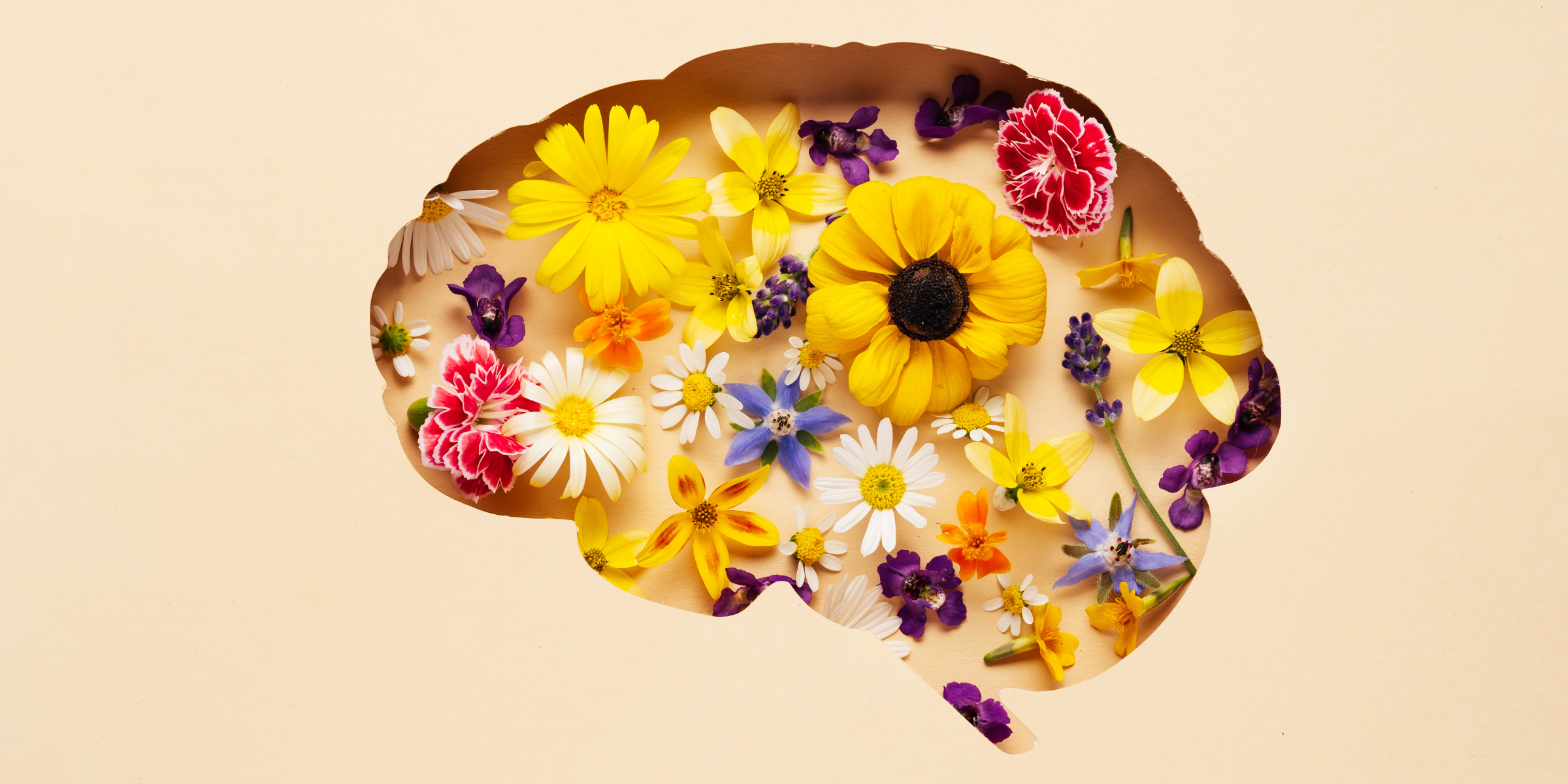5 Gratitude Habits to Practice Daily
Gratitude has a profound impact on your health, wellness, and happiness. When we give thanks and express appreciation, this has a positive impact on others, and can be a wonderful gift we provide. It also makes us feel good, too.
As with other things that are good for us and others, many people still find it a bit challenging to incorporate this practice into their daily life. It’s one of those things that’s easy to do, but also easy not to do. Gratitude habits don’t have to be complex or time-consuming, though. Something as simple as keeping a running list in a notebook is all you need.
By investing just a few minutes each day, you can incorporate gratitude habits into your life. Doing so will add value to others, and you will very quickly notice a positive effect on your mood and health, too.
1. Be Specific with Loved Ones
One of the easiest ways to practice gratitude is to share it with the people who are closest to you. Does your spouse take out the garbage or make your coffee in the morning? Consider buying a pad of Post-It notes and writing them a brief note to tell him or her exactly what you appreciate about them.
Another habit I’ve incorporated into my life is mailing cards and notes to friends and family. Since so few people do this, your expression of gratitude will have an even bigger impact.
The more specific you can be, the better the outcome. It strengthens your gratitude muscle, but it also solidifies your connection with a loved one or a coworker. It’s a win-win all the way around!
2. Appreciate the Small Things
When you first start your gratitude practice, you might feel like you can only be thankful for the big things like a roof over your head or a meal on the table. Giving thanks can be quite powerful for helping you to notice the little things that brighten your day. Keep a mental note of the times when you feel grateful for something small, and write it down as a reminder of how blessed we are.
Think about that first sip of steaming coffee on a cold winter morning or an unexpected chance to play a game with your kids. Maybe a coworker helped you with a project, or your boss went out of her way to praise you in the company meeting. These are all wonderful things to be thankful for.
3. Be More Mindful
When is the last time you set aside a few minutes to observe how you feel? In the hustle and bustle of our busy lives, most people don’t stop to reflect on how life is going. By sitting quietly, either in prayer or meditation, you will be more inclined to think about what you are grateful for, and to embrace those wonderful feelings of gratitude.
Try setting aside five to ten minutes to sit comfortably and quietly. Close your eyes and try to list as many things you are grateful for as you can. As new thoughts float to mind, take note of them and then move on to the next one. This helps rewire the brain to approach each and every experience through a lens of gratitude.
Meditation is an easy way to start practicing gratitude. Meditation and/or prayer can improve your mental health, and contribute to your overall happiness.
4. Keep a Journal
One support structure for developing the habit of gratitude is to always keep a notebook or journal with you. Writing down the things you’re grateful for strengthens your “gratitude muscle,” and provides a record for you to reflect on.
When you have a day that isn’t going as well as you’d like, you can pull out your notebook and identify reminders of all that you’re grateful for. This can help reframe a challenging situation into something more positive. Plus, writing down what you are grateful for makes the habit more ingrained. Shoot for at least three things you’re grateful for, and write them down in your journal or notebook.
5. Implement Mealtime Conversation
A gratitude conversation around the table is another way to instill this valuable habit. Take turns sharing something you’re grateful for at the beginning or end of each day. This exercise creates dialogue about what’s going well, and what isn’t. Remember that even a challenging situation presents something to be grateful for as you can learn and grow through these trying experiences.
Over time, everyone will adjust to this new habit and will start to actively recognize things they are thankful for to talk about. It holds everyone accountable for practicing this new action.
Recognizing and expressing gratitude is a simple yet powerful way to impact your happiness and health. You can develop and improve this habit alone, or with an accountability group like your family.
What are you grateful for, and which of these gratitude practices will you put in place today?





